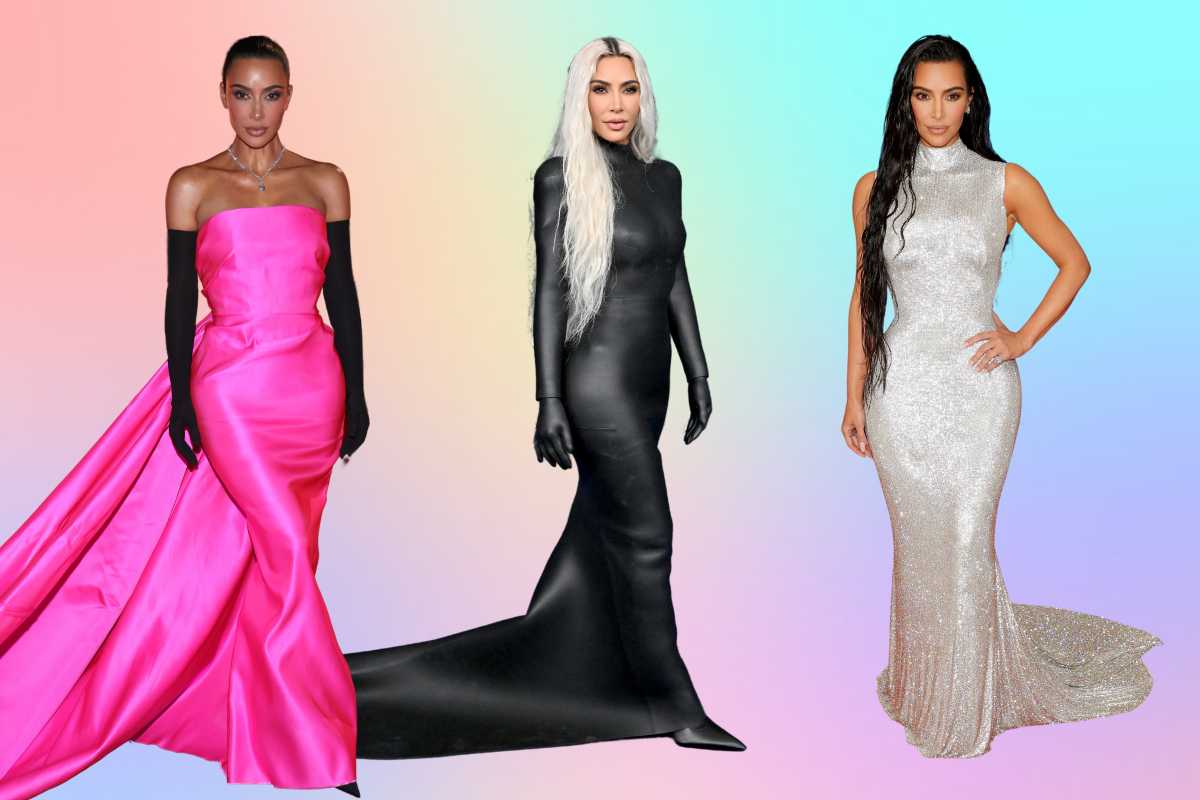In the realm of fashion and technology, boundaries are constantly being pushed. Recently, however, Kim Kardashian has found herself at the center of a different kind of boundary-pushing controversy. Accusations have swirled around the reality star after fans noticed something peculiar about a promotional video for the new Skims app, suggesting the use of artificial intelligence (AI) in its creation.

The Curious Case of Kim Kardashian’s Video
Kim Kardashian, founder of the Skims brand, excitedly introduced her followers to the new Skims app through a video on her Instagram. Dressed in a sleek all-black ensemble, she promised a shopping experience tailored to customer preferences, emphasizing ease and personalization.
The video featured clips highlighting the app’s functionalities, but it wasn’t the features that captured the audience’s attention—it was Kim’s voice.
Kim Kardashian accused of using AI for 'fake voiceover' in new SKIMS advert https://t.co/OiJl1jB0lj pic.twitter.com/7mDjBORAAo
— MirrorUSNews (@MirrorUSNews) April 22, 2024
AI in Advertising: A Growing Trend or a Misunderstanding?
Viewers were quick to point out an unusual quality in Kim’s speech patterns, describing her voice as “generated” and questioning the authenticity of her appearance in the video. Comments ranged from playful jabs, linking her to being an AI entity, to serious debates over the video’s genuineness.
Amidst references to Taylor Swift’s latest album, some fans expressed skepticism, speculating that Kim’s likeness and voice might have been digitally replicated using advanced AI technology.
Siwei Lyu, a digital media forensics expert, sheds light on how small samples of authentic audio can be manipulated to create highly realistic digital versions of a person’s voice. Programs capable of synthesizing facial movements to match the audio further enhance the illusion, making it difficult to distinguish real from generated content.

The Reaction: Divided Opinions Among Fans and Onlookers
The video stirred a mixed reaction online. While some praised Kim for the innovative approach and her iconic status, others remained focused on the authenticity—or lack thereof—of the ad.
The speculation about the use of AI did not just stem from paranoia; the digital age has seen a significant rise in the use of deepfake technology, making the public wary of being deceived.
Kim Kardashian has yet to respond to the allegations about the AI usage in the Skims ad, leaving room for public debate and speculation. Meanwhile, UNILAD has reached out to representatives for both Kim and Skims for clarification, underscoring the growing concern and curiosity about the intersection of celebrity and technology.

The Future of Celebrity Endorsements and AI
This incident highlights a broader discussion in the marketing and tech industries about the ethical implications and the future of AI in advertising. As technology continues to evolve, so does the potential for its application in ways that may challenge our perceptions of authenticity and reality.
Kim Kardashian’s Skims ad controversy serves as a reminder of the thin line between technological advancement and ethical responsibility. Whether this was a simple misunderstanding or a peek into the future of digital marketing, it emphasizes the need for transparency and guidelines in the use of AI within the public sphere.
As we move forward, the dialogue between technology, celebrity culture, and consumer trust will undoubtedly continue to evolve.










